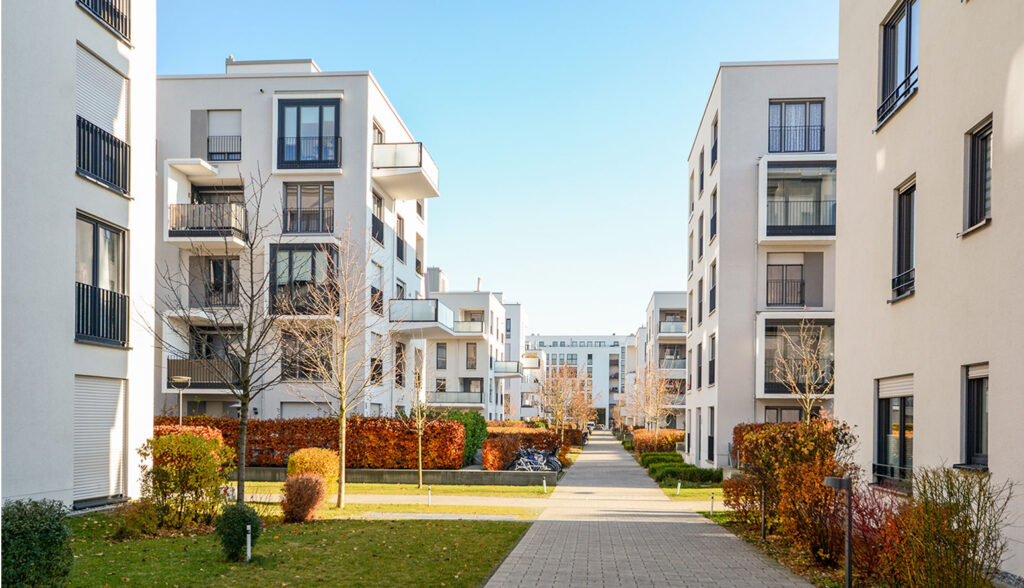
Affordable housing means providing residence at budget-friendly rates. Everyone needs a roof over their head, but middle-class or lower-middle-class people often fail to get a place they can call home due to surging prices and migration in the urban cities. They can’t afford to purchase their properties! Therefore, affordable housing is known as housing, where the householder pays 30% or less of the gross salary on the entire housing, including utilities.
Such types of investments are lucrative for a wide array of reasons. Let’s see why you should invest in affordable housing!
- Impacts communities positively
The improvement or creation of cheap housing has a positive societal impact on a country’s economy, which benefits a city as a whole. Affordable housing is critical for improving society, particularly in most urban regions where homelessness is rampant, or professionals are forced to travel long distances for work simply because housing costs have increased so much that many cannot pay for them.
If you’re moving to Japan and looking for affordable apartments near your workplace, here comes https://www.villagehouse.jp/, the one-stop solution to get affordable apartments for rent.
Even with the immediate requirements of renters, inexpensive housing offers several other advantages. It has a beneficial financial effect, ranging from more job prospects to a considerable boost in local spending on goods and services.
- Provides steady returns
A significant advantage of the low-cost housing market is that it provides householders with a steady source of income. For owners of Section 8 houses, the Ministry of Houses and Metropolitan Growth has consented to pay any difference between a negotiated, lowered rental cost and what a person can pay via HAP accords. In basic terms, the federal government will pay the costs of ensuring a person’s mortgage is paid even if they suffer from unemployment.
- Good for health & essentials
Affordable housing promotes both psychological and physical wellness. Renters’ excess income from dwelling in an inexpensive building can be used to pay for necessities like dental or vision treatment and better groceries and pharmaceuticals. Staying in cheap housing facilitates mental health by relieving tension and providing more money. Due to obligation, families with high housing costs often make poor decisions that compromise their physical and psychological health.
- Cost-saving tax credits
You could be eligible for assistance from the Low-Income Housing Tax Credit, or LIHTC, the scheme offered by HUD, if the affordable housing property you invested in requires significant restoration. This program provides tax benefits in two separate manners, paying 30% or 70% of the expenses of renovation or construction initiatives, respectively.
Although there may be enormous competition for funding, these tax credits might be the deciding factor in adding affordable housing developments to a marketplace. If a property or construction is situated within an Opportunity Zone, investors or architects might also be in an excellent spot to take advantage of additional financing.
In urban areas, affordable housing has a primary importance, and real estate investors should actively pursue affordable housing development to tap into the enormous potential marketplaces.